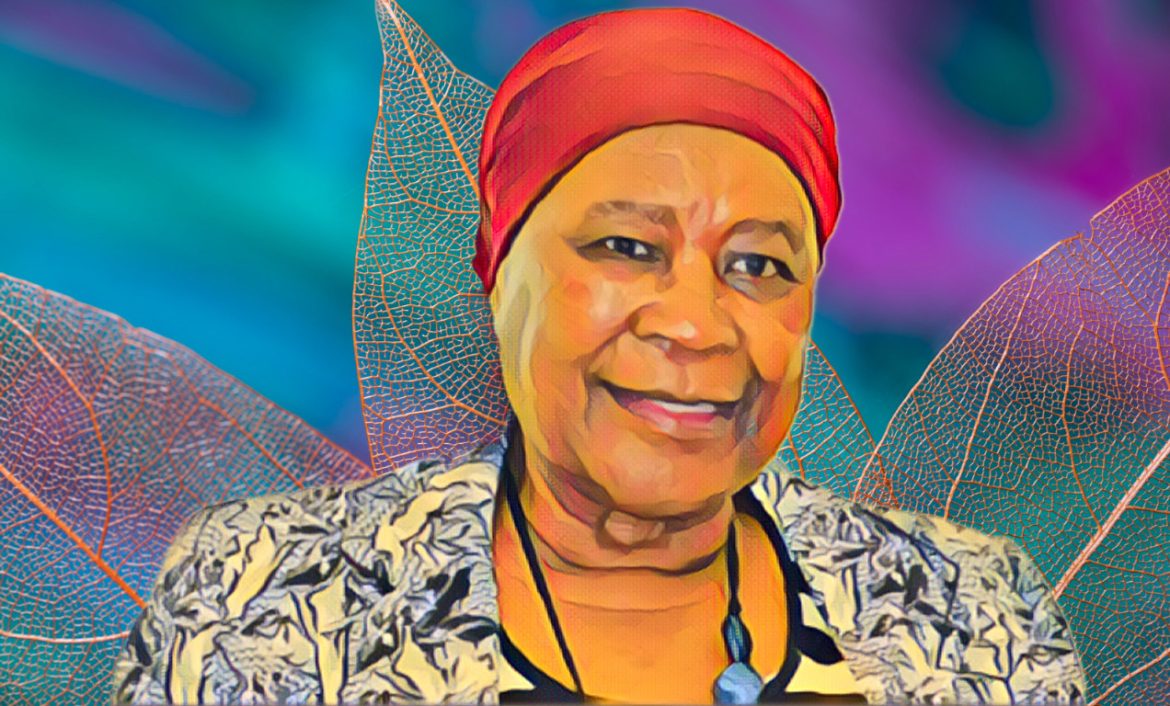The late Eunice Sandi-Moyo, a former minister and veteran nationalist who recently passed away after a long battle with hypertension, has been denied national heroine status, President Emmerson Mnangagwa announced. Instead, she will receive a state-assisted funeral and burial, recognizing her significant contributions to the nation, particularly to the Metropolitan Bulawayo province.
Sandi-Moyo was a significant figure in Zimbabwean politics, especially during the nation’s liberation fight. She passed away at the age of 78 at Mater Dei Hospital in Bulawayo. She was a well-known member of the Zanu PF politburo and a dedicated Minister of Provincial Affairs in Bulawayo.
President Mnangagwa lauded Sandi-Moyo’s commitment to the nation in his condolence message. “I am honored to bestow upon Mama Sandi-Moyo the dignity of a State-assisted funeral and burial in appreciation of her exceptional services to our country. We all worked and engaged with her, and we all held her in the highest regard; may this ease her family’s loss,” he said.
Sandi-Moyo was described by Mnangagwa as a “committed, experienced nationalist” who was deeply immersed in the politics of liberation in Zimbabwe. “We shall never forget the outstanding contributions that the late Amai Moyo made to the province of Metropolitan Bulawayo and our country as a whole during the first republic,” he said.
“The late Comrade Sandi worked exceptionally hard to rally communities for national community development, thus anticipating our policy on decentralization which has become the centerpiece of the second republic and the vehicle for spatially balanced and community-specific development which leaves no one and no place behind,” Mnangagwa said in further honoring her contributions.
On November 8, 1946, Sandi-Moyo was born in Bulilima-Mangwe, in the province of Matabeleland South. Her decades-long political and social activities established her as a key player in local and national community development programs. Her five children survive her, and many people gathered at her Sunnighill house in Bulawayo mourned her passing. She leaves behind a history of devotion and service.
The decision to deny her national heroine designation has raised debates regarding Zimbabwe’s standards for identifying and honoring national heroes and heroines, despite her noteworthy accomplishments and important role in the country’s political history. While the state-funded burial honors her efforts, it also calls into question the criteria by which such individuals are recognized in the nation’s complex political and social context.


